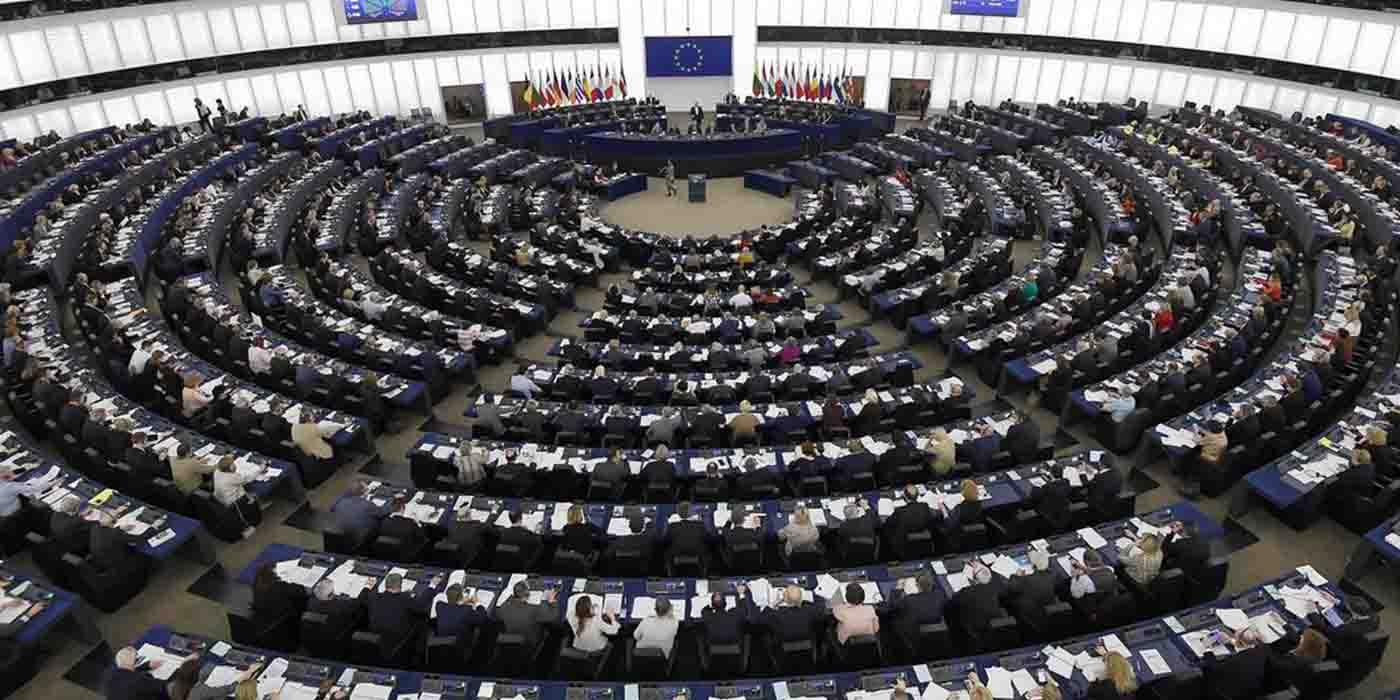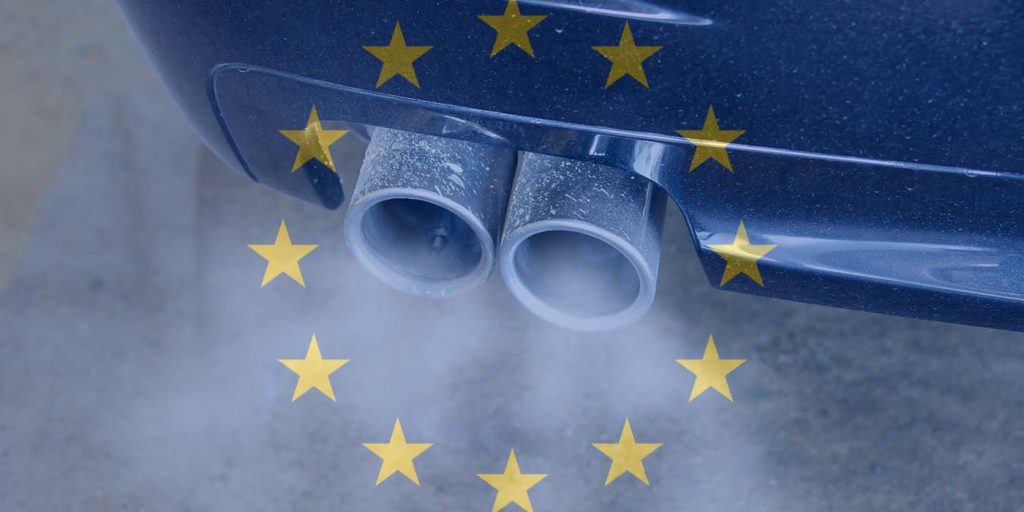
The saga of getting the EU’s proposed ban on sales of new combustion cars by 2035 continues, and more details are in limbo than ever. Following Germany’s abrupt opposition to the ban ahead of its final vote (a mere formality) last week, the EU Commission has declared plans to include a role for e-fuels in the future with hopes it will be enough to regain Germany’s blessing. Here’s the latest.
The executive arm of the EU appears to be willing to play ball with Germany – a massive automotive market on the continent, which up until recently, was in full support of the commission’s proposed ban on all new internal combustion engine (ICE) car sales by 2035.
European Parliament, the commission, and EU members worked through months of negotiations last year before agreeing to a potentially groundbreaking law which by last October, had been approved by the EU’s 27 member states.
As a result, the parties saw a clear runway headed into the final vote scheduled for last week, a simple formality and the last step in enacting the ICE ban into law. However, German transport minister Volker Wissing suddenly broke from the pack of member states supporting the ban, stating that the proposal in its current iteration does not clearly explain the role CO2-neutral, or “e-fuels,” will play as an alternative to prohibited combustion.
As we reported last week, Germany was still optimistic an approved proposal could ban ICE sales next decade as long as it sees more clarity and exceptions in the potential use of e-fuels. The EU quickly began scrambling to offer provisions that establish how these e-fuels can be used in combustion vehicles after 2035, despite the evidence that their energy production method remains just as wasteful and inefficient as traditional fuels and electric vehicles will inevitably dominate the market.
Now, the EU has offered a declaration to Germany in favor of e-fuel use, but to what scope and when we will see a revised ban proposal remains quite unclear.

Final vote on EU car ban could be postponed to 2024
There’s not huge news to report since Germany backed out of its vow to sign the EU’s combustion car ban into law last week, but the commission intends to at least try and cooperate to get the deal done. As Automotive News Europe points out, the European Union has declared intentions to clarify a potential spot for e-fuels after the combustion ban takes effect in 2035.
The declaration is welcomed news for European automakers like Porsche and Ferrari, which have been two of the more outspoken marques demanding e-fuel guidance. According to a source close to the matter who asked not to be identified, the new declaration would amend the rules of the EU combustion ban so that certain cars that run on e-fuels are permitted.
While the EU has relayed that it is trying to amend the ban and appease Germany – a country vital to the final vote – the wrench thrown before last week’s signing will punt the finalization of the combustion car ban down the road, possibly into 2024. The length of time required to pass revised regulations in Brussels means the member states likely won’t see another vote on the ban until after EU elections next year.
Furthermore, the EU Commission has yet to specify a deadline for when the revised proposal, including e-fuel exemptions, will be delivered. Lastly, it’s still unclear whether the new terms will even be enough to regain Germany’s vote. Germany’s automotive industry currently employs over 800,000 people and contributes to the largest segment of the country’s economy, raking in about $438 billion each year.
Even if the EU’s parliament and Germany agree on permissions for e-fuel usage after the 2035 combustion car ban, the technology itself will need to be developed further to even offer a viable alternative to gas and diesel.
New technologies and fuel additives will need to be successfully integrated in order to achieve carbon neutrality, and it’s hard to imagine many automakers dedicating funds to that R&D as many have begun fully embracing BEV models (Porsche included) as the new future of mobility.
A spokesperson from the German transport ministry confirmed that Volker Wissing was participating in ongoing talks with the EU Commission today and that Germany remains engaged in discussions regarding the use of e-fuels. This story is still ongoing and now looks to remain so through 2023.
FTC: We use income earning auto affiliate links. More.






